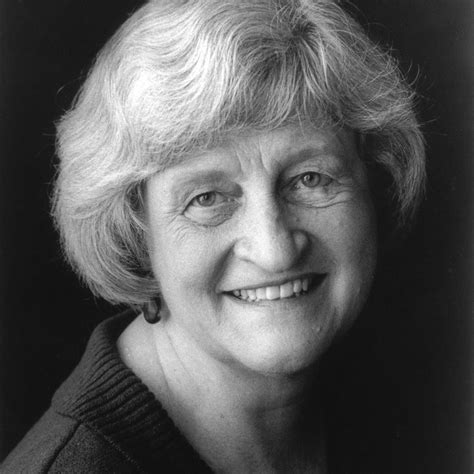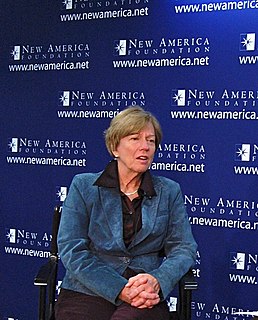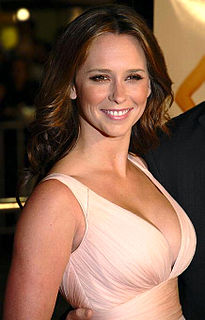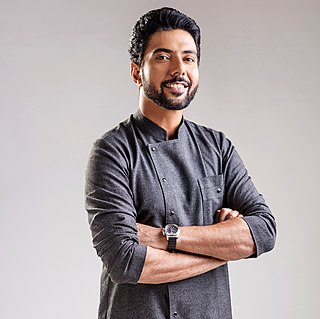A Quote by Mark Hyman, M.D.
It is food - we now know that food is information, not just calories, and that it can upgrade your biologic software. The majority of chronic disease is primarily a food borne illness. We ate ourselves into this problem and we have to eat ourselves out of it.
Related Quotes
Food is "everyday"-it has to be, or we would not survive for long. But food is never just something to eat. It is something to find or hunt or cultivate first of all; for most of human history we have spent a much longer portion of our lives worrying about food, and plotting, working, and fighting to obtain it, than we have in any other pursuit. As soon as we can count on a food supply (and so take food for granted), and not a moment sooner, we start to civilize ourselves.
The great virtue of a diversified food economy, like a diverse pasture or farm, is its ability to withstand any shock. The important thing is that there be multiple food chains, so that when any one of them fails-when the oil runs out, when mad cow or other food-borne diseases become epidemic, when the pesticides no longer work, when drought strikes and plagues come and soils blow away-we'll still have a way to feed ourselves.
Our relationship with food - how, when, what and why we eat - is a direct expression of our underlying feelings, thoughts and beliefs about ourselves. It has to do with stances we take that get reflected not only in our relationship with food, but in all our relationships. It just so happens that the relationship with food causes enough conflict, grief, shame and hurt that we’re willing to look at it.



































